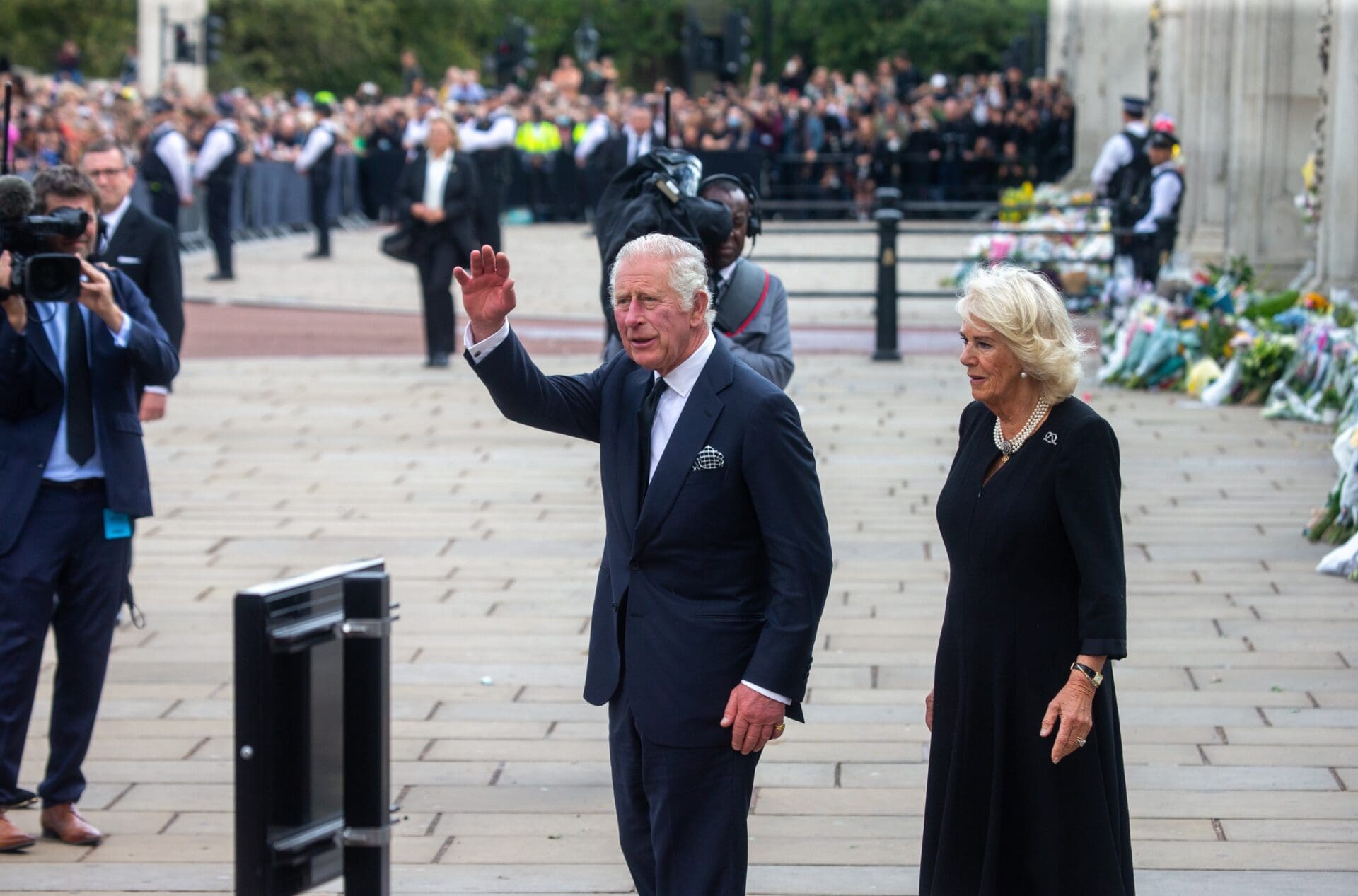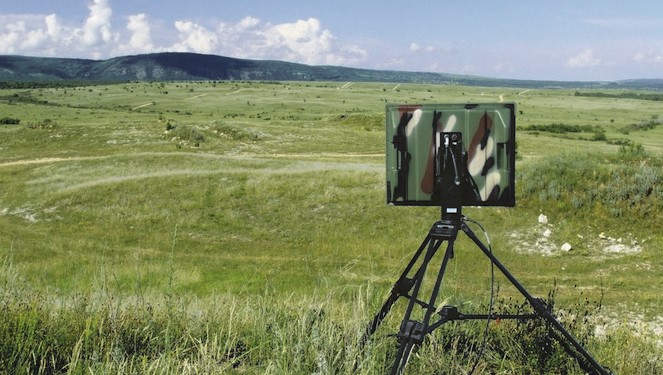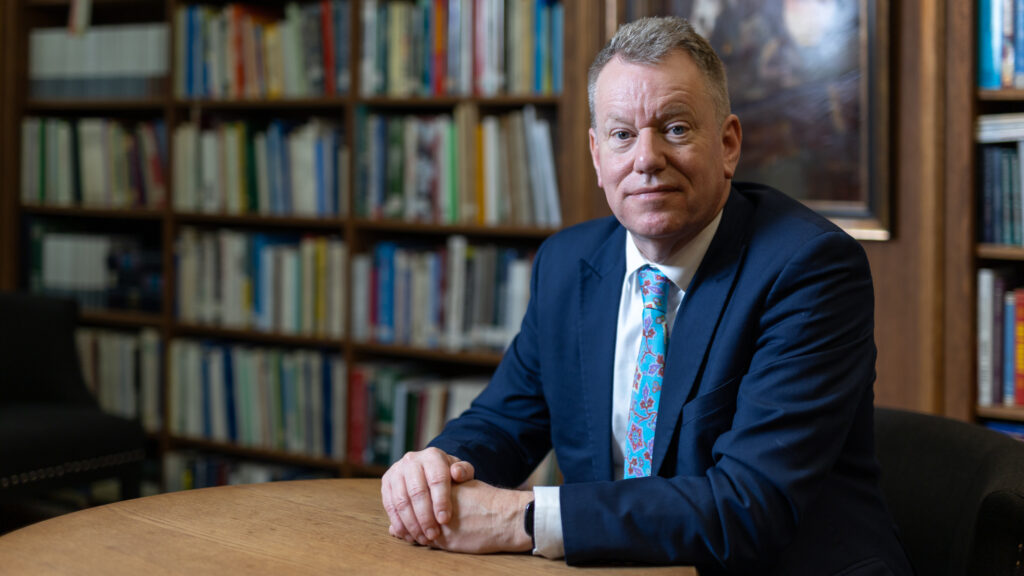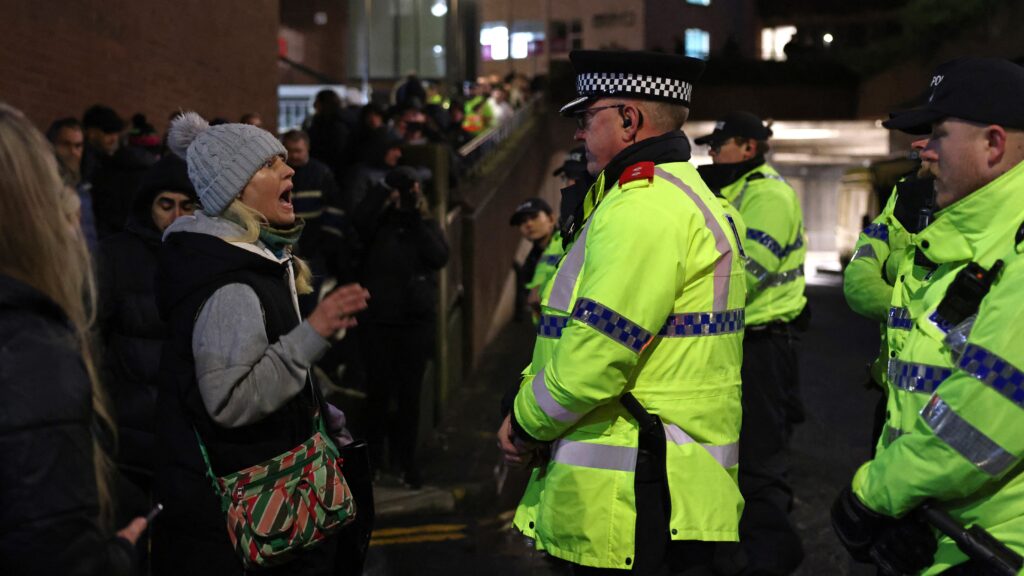With the passing of Queen Elizabeth, the United Kingdom’s new sovereign became her eldest son, now known as Charles III. King Charles is now the head of the Commonwealth, an organisation that comprises 56 independent countries and 2.4 billion people. In 15 of these countries, including the United Kingdom, Charles III is the head of the state. While King Charles automatically succeeded his mother, his coronation will formally happen only at a later date. For instance, while Queen Elizabeth succeeded to the throne in February 1952, she was not crowned until June 1953. Since the coronation runs on state budget, it is expected to be smaller this time than it was in 1953. Instead of 8 000 guests, only 2 000 dignitaries are expected to come to the ceremony. Attendeed will include British and Commonwealth religious and political leaders, as well as members of the royal family.
King Charles was born on 4 November 1948, which, makes him the oldest British monarch ever to be crowned. He was only three years old when his mother became queen, so he has been the heir to the throne for the longest time in British history. The king has had a tumultuous private life, with a dramatic separation and then divorce from his estranged wife, Lady Diana, who as all our readers will know lost her life in a car crash in Paris 1997. (Hungarian Conservative also remembered the anniversary of Diana’s tragic death in a 30 August article.) The couple had two sons, William and Harry. In 2005, when Charles married Camilla Parker Bowles (who may have been one of the reasons why Charles’s first marriage did not work out), it was announced that Camilla will be ‘princess consort’ when her husband becomes king. This provision was relaxed earlier this year by Queen Elizabeth during the Platinum Jubilee celebration, when she announced that she wanted Camilla to have the title ‘queen consort’ once Charles becomes king. Honouring the late Queen’s request, Camilla will be crowned alongside her husband, with a platinum crown, decorated with 2 800 diamonds, including the 105-carat Koh-i-Noor. She will be the first queen consort to be crowned since Elizabeth’s mother was crowned in 1937.
As heir to the throne, Charles won fame as a champion of charitable causes. He is a patron of over 400 organisations. He holds the issue of environment closest to his heart; he started to advocate for environment-related goals before environmentalism became fashionable. He runs an organic farm whose products are available in British stores. In 2018, during his visit to Greece, he famously declined a plastic straw in his coffee due to his concern about the straw’s impact on marine life. In a 2015 publication of some of his letters to government ministers and politicians spanning over a decade, he, among many other things, spoke out against the cultivation of genetically modified crops.
As we also noted in a previous Hungarian Conservative article, King Charles has a special relationship with the Hungarian nation and with Hungarian folk traditions. He has been paying regular visits to Transylvania since 1998, and he owns a country house in Zalánpatak, a traditional Sekler village.
Over the years Charles has been often criticised for being outspoken about his political views, which according to some tend to be left-leaning. In the British constitutional monarchy, the sovereign is not supposed to express political preferences or opinions. One of his most well known controversies is connected to one of the royal titles that he now holds, the ‘Defender of the Faith’ that makes the British monarch the supreme governor of the Church of England. In relation to the title, in 1994 Charles triggered controversy when he said that he thinks that being the ‘defender of faith’ is more appropriate than being the ‘Defender of the Faith’. With this move he apparently wished to honour the religious diversity of the United Kingdom. In a more recent interview about the issue, he said that over the years he came to believe that the Defender of the Faith title need not mean the exclusion of other religions followed in the UK, thereby relaxing his previous criticism of the title. The 2015 publication of the aforementioned letters to politicians and government officials contributed to his reputation as a ‘meddling’ royal, which was only reinforced by a recent scandal—he is believed to have called (in a private conversation) Boris Johnson’s plan to send immigrants to Rwanda ‘appalling’.
Due to these political controversies, before the death of the Queen Charles was polled to be a somewhat unpopular member of the royal family. Overall, he scored the 7th most popular member of the royal family, while among the millennial generation members he performed even worse, and came in 12th. His son, William (who is now the first in line for the throne) is much more popular than Charles, and so as William’s wife, Kate. According to the poll, Kate and William were the second and third most popular royals after Queen Elizabeth. 42 per cent of those polled believed that Charles should step aside for William to take the throne.








